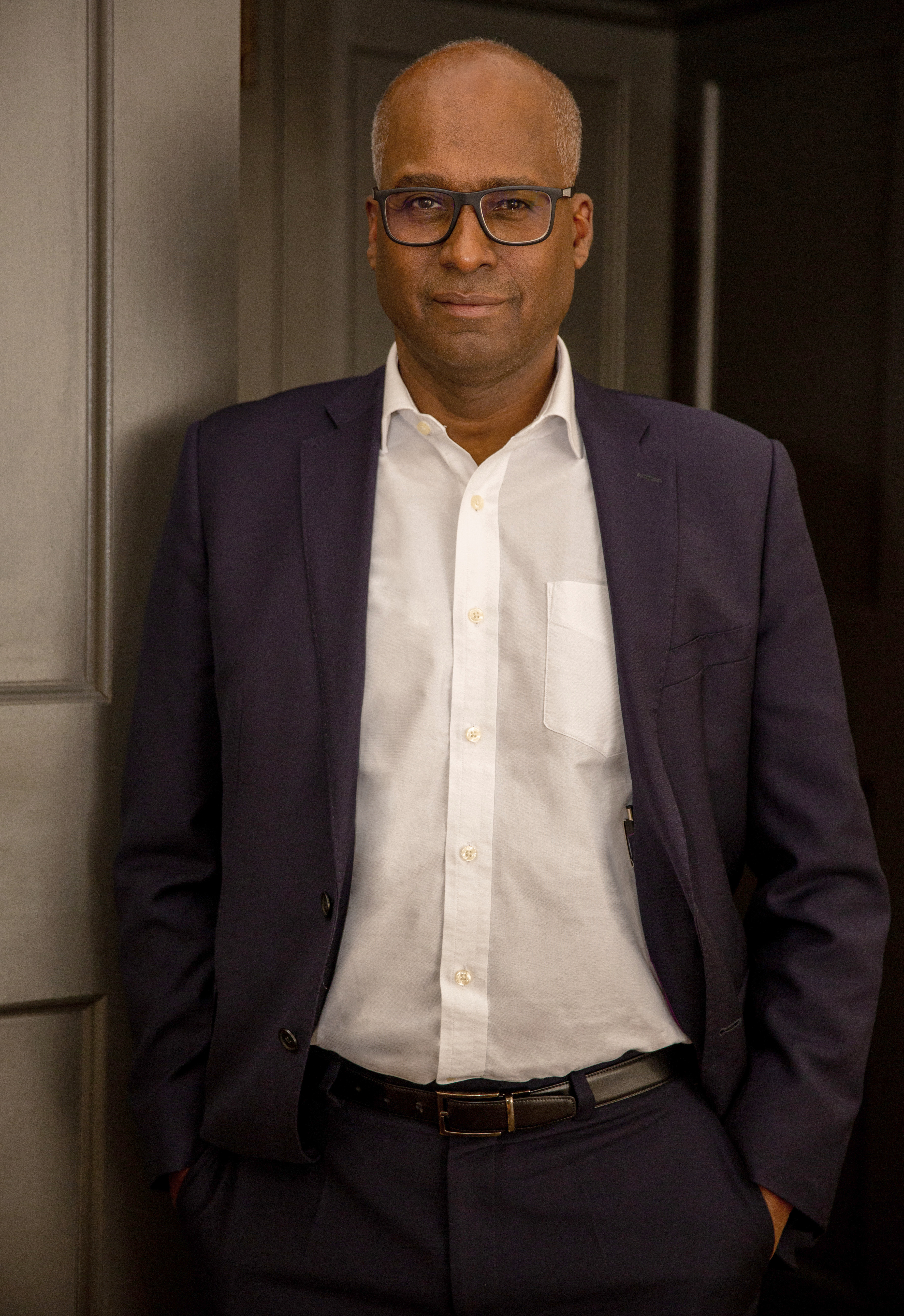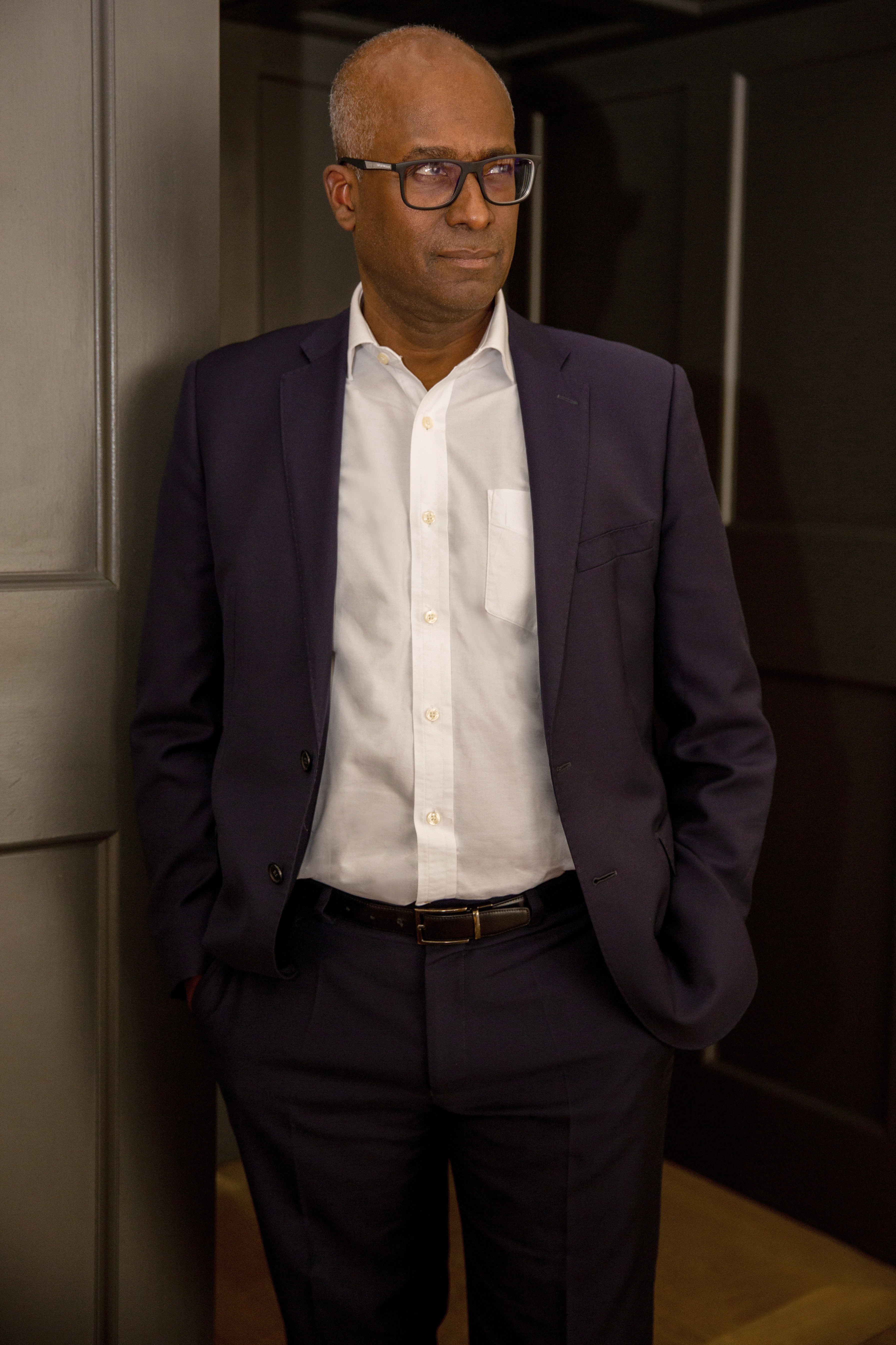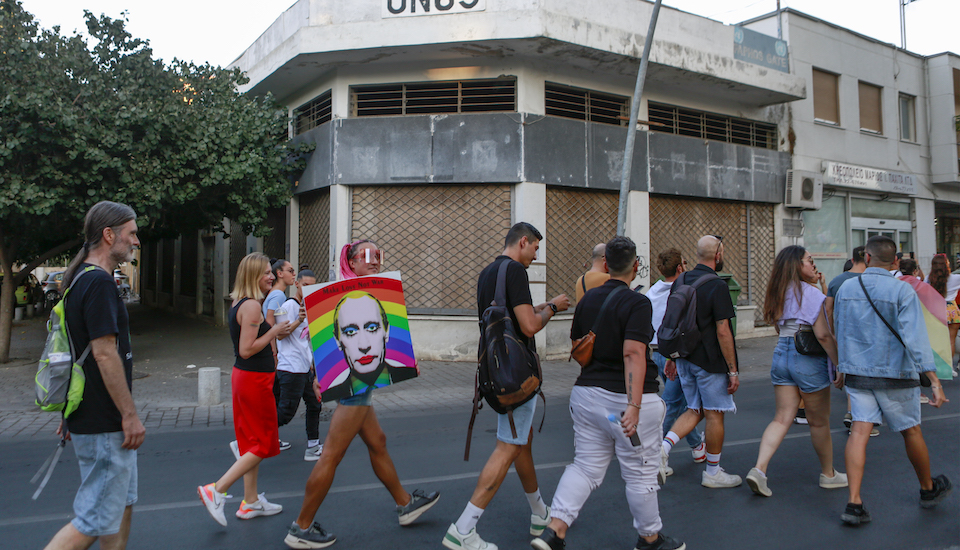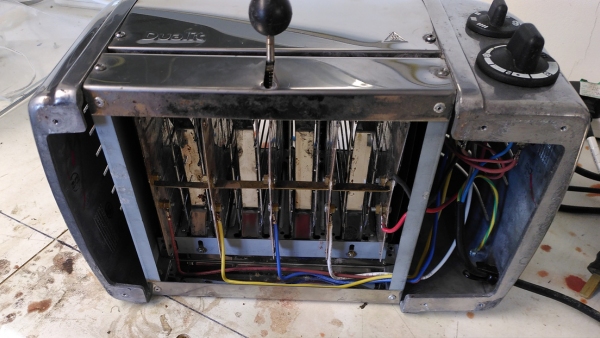“If you want to make that difference, you’ve got to get involved and work towards evolving the organisation”
Rachel O’Brien speaks to Don McLaverty, outgoing chair of the RSA’s Fellowship Council
Rachel O’Brien: For those who have not met you, tell us a little bit about your background.
Don McLaverty: My parents came to the UK from Jamaica in the 1950s. Their mission was the same as for many immigrants: they wanted a better life. I feel fortunate, because their aspirations and focus for me and my siblings were on getting a good education. At the age of eight, I remember being told that I would be going to university when I got older. When I asked what that meant, my father’s response was: “I don’t exactly know, but you’re going!”
I was born and grew up in London and understood why my parents were here. One of the responsibilities I carry as I get older is how to pass the baton on to the next generation. I knew what I wanted for my own children, and my hope is that they leave the world a better place for the generation that follows them.
I studied mathematics at university and secured a role in the strategy team of a large industrial corporation at the age of 21. This was unusual for someone of my age and background in the mid-70s, especially as I must have stood out with my large afro and tinted aviator glasses! I did an MBA at London Business School a few years later, then went on to follow a career in business. Six years ago, I decided to pursue a portfolio work-life, and moved from a full-time senior management role running a specialist advisory firm that provided services to start-up and scale-up businesses and worked with entrepreneurs; now I enjoy a variety of non-executive and advisory roles with universities, scientific institutions and, of course, the RSA.
O’Brien: When did you become a Fellow and the Chair of the Fellowship Council?
McLaverty: I first became an RSA Fellow 20 years ago, when living in London. There were many demands on my time, and it was difficult to attend meetings; in the end I let my Fellowship lapse. Years later, my family and I moved to Oxfordshire and, by a happy coincidence, the RSA made contact around the time I left full-time employment and invited me to rejoin the Society.
In the first year, I turned up to the occasional meeting and met with the local Fellows. Eventually I became more involved and helped to organise a major event in Oxford. Shortly after that, four of us got together to run the Oxfordshire Network as a team, with the support of staff at RSA House. As a starting point, we carried out a survey focused on what the local Fellows said they wanted from the RSA. The majority wanted to meet other Fellows to discuss ideas and activity. We organised monthly local ‘Network and Learn’ sessions that covered a wide range of topics, from homelessness to clean energy, all of which were well attended.
In 2020, I was elected Chair of the RSA Fellowship Council, and a Board Trustee. The Council is an advisory group to the Trustee Board and executive management. The current cohort of 29 Fellowship Councillors comprises 15 men and 14 women, of which 22 are white and seven are people of colour. I am serving my second two-year term as a Programmatic Councillor, which is a new role aimed at building stronger connections between RSA Programme staff and the Fellowship.

O’Brien: As you prepare to leave, what have you learnt about how the role of the Fellowship has changed and what needs to continue to do so?
McLaverty: The RSA is all about the Fellows! What is so special about the RSA is the Fellows’ experience, knowledge and wisdom, and the global nature of the network.
One of my great hopes for my second term was to support the RSA in becoming a much more global organisation. There are roughly 2,000 to 3,000 people – approximately 10% of the Fellowship – based outside the UK, which is a start, but requires more focus. However, we need to be realistic about what being global means, our expectations and how to make the best use of our funds at this challenging economic time.
We are working on better ways to engage with the Fellowship. My message to Fellows who might read this is: please be active – you’re only going to get out of the RSA what you put in. Consider standing for Council elections in your area and do things locally, big or small, that make a difference in your community. You don’t have to be a Fellowship Councillor to make an impact. I was an active Fellow in Oxford for two or three years before I even knew there was a Fellowship Council!
We are in an ever-changing world: the war in Ukraine, the impact of pandemic, but also the technological, environmental and social changes taking place. The RSA and Fellows need to ensure that we remain relevant and make a difference.
When I joined the Council, some expressed the view that the RSA is too London-centric. My challenge to all Fellows is, if you want to make that difference, you’ve got to get involved and work towards evolving the organisation.
O’Brien: What are your greatest achievements as Chair of the Fellowship Council and what further changes would you like to see?
McLaverty: I am most proud that the voice of the Fellowship Council is being heard and valued at Trustee Board level. I am very proud of all the work individual Councillors do with the Fellows and staff. This is particularly pertinent as we all had to quickly adapt to working online due to restrictions and lockdowns over the last two years.
Some personal highlights include the Council’s role in co-designing the May 2022 Fellows Festival; participation in the Catalyst Fund programme; our COP26 presence and enthusiasm; and the great work being done in the US, Oceania and elsewhere by our global Fellows.
It’s important that individual Fellows are better enabled to make a bigger impact. We need a strong, effective new Council cohort for 2022/24 to support Fellows’ activities. This is particularly important as we emerge from the pandemic. It is vital that there is a strong team of Fellows to work with Andy Haldane; to support him, but also to offer advice and scrutiny. This means recruiting Councillors who have the skills, experience, energy and time available to be supportive of the new strategy.
So, for the longer term, I’m very pleased that, at the 2021 Annual General Meeting, the Fellowship voted to allow the Trustee Board to extend the Fellowship Council term from two to three years. This should make it possible for the Council to have greater continuity between election cycles to get more things done. I hope that in the future there will be further discussions around how we can restructure and better resource the Fellowship Council so that it can more fully represent the Fellowship.
O’Brien: I take your point about Fellows engaging in practical action. But one of the challenges for any organisation like the RSA is, ‘to what end?’ What does impact look like and how is it achieved?
McLaverty: We need to be clear that it is not enough to ‘feel good’ about what we’re doing. Fellows are typically very bright people who want to make a difference, and the RSA also has a dedicated team of staff to help make that difference. That said, if there are 30,000 Fellows, sometimes it feels as if there are 30,000 different opinions about how things can be done! That’s marvellous, but also difficult to manage. There’s a difference between having a pleasant time talking shop, with lots of interesting ‘intellectual’ discussions, and getting stuff done in a way that can be evidenced and measured and, most importantly, one that makes society a better place.
I believe that the RSA should make sure everything we do looks at the wider impact of our work. For example, every RSA project proposal and every Board paper should note how it is going to make an impact on the environment, what it means for diversity, and what financial impact it will have on the organisation.

I believe that the RSA should make sure everything we do looks at the wider impact of our work
O’Brien: Given your background in business, what role do you think the RSA should have in working with the private sector?
McLaverty: If you were to ask me what success at the RSA looks like, it would be where we are making positive change in collaboration with a variety of partners, including business and corporations. The issue is not whether we embrace business as a partner but rather how we do that. Universal basic income and artificial intelligence are not just ‘RSA issues’, but are also of huge importance to businesses, particularly those investing in developing new and technology businesses, such as angel investors, family offices and venture capital firms. Understanding the impact of societal changes, and how people respond to these, influences investment and impacts how people design their businesses and the way they work. This is a good time and opportunity for the RSA to develop new partnerships and relationships.
O’Brien: As you continue to be a Fellow and as Andy Haldane settles in as the new CEO, what are your hopes for the future?
McLaverty: During my term as Chair of the Fellowship Council, the pandemic has been a huge challenge. It changed our whole world, including the economics of the RSA, and my sense is that most Fellows really do understand this.
Andy’s arrival provides a great opportunity for the RSA. We have a new, energetic CEO who is committed to working with the Fellows. He’s ready to make the changes that he feels are needed, and the Fellows Festival is an important event for signalling this. There are also major plans and work being done in relation to the RSA’s digital platform, which will be tested at the Fellows Festival. This should give us a stronger online presence and a new tool which will enable us to work in collaborative and different ways. This is great; being imaginative about how we engage with Fellows – particularly younger people – through the use of social media will keep us relevant in the future.
We should continue to take forward the great work the RSA has done historically and over the last few years. I would say to all Fellows: please be active, be engaged – it’s your RSA!
Don McLaverty is an experienced adviser to high-growth businesses and scientific research institutions. He is also a lay member of Council (non-executive), and a member of the Finance Committee and the Commercialisation Executive Board at University of Bath.
This article first appeared in the RSA Journal Issue 2 2022.
Related Comment articles
-
Worlds apart
Comment
Frank Gaffikin
We are at an inflexion point as a species with an increasing need for collaborative responses to the global crises we face.
-
Why aren't consumer durables durable?
Comment
Moray MacPhail
A tale of two toasters demonstrates the trade-offs that need to be considered when we're thinking about the long-term costs of how and what we consume.
-
You talked, we listened
Comment
Mike Thatcher
The RSA responds to feedback on the Journal from over 2,000 Fellows who completed a recent reader survey.




Be the first to write a comment
Comments
Please login to post a comment or reply
Don't have an account? Click here to register.